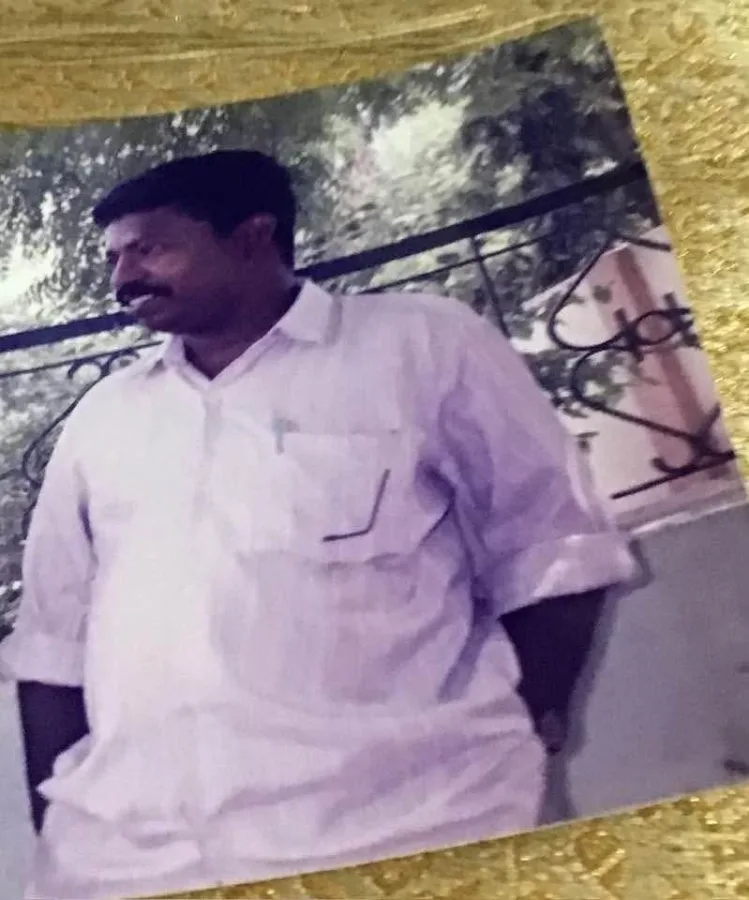Read in : தமிழ்
A Chinese company recently overtook Elon Musk’s Tesla to become the world’s largest selling electric car manufacturer. Since Tesla has not entered the Indian market, the little-known Chinese company ‘BYD’ could soon be running toe-to-toe with Indian EV manufacturers. A more intriguing consequence is whether BYD India’s unit in Chennai will see an expansion and enhanced investment.
BYD, which expands to ‘Build Your Dreams’ and claims to make ‘future-ready cars’, entered India in 2007 to build a new electronics manufacturing plant in Chennai.
Since 2013, BYD India has ventured into making fully electric buses for tier-1 cities. These BYD electric buses are now operational in over 10 Indian cities including Mumbai, Hyderabad, Bengaluru and Pune.
Unexpected winner
Executive Director of BYD India Ketsu Zhang had said in early 2021 that the auto-maker was keen on being a part of India’s electric revolution by making fully electric cars. Soon enough in November of that year, BYD introduced its all electric MPV (Multi-Purpose Vehicle) in India, marking a shift from commercial to passenger vehicles.
To the surprise of many, BYD seems to have delivered the ultimate all-electric MPV with its ‘e6’, which won the hearts of several Indian auto enthusiasts and influencers. One of them is Aashish Bhardwaj who made it to the record books with his fellow auto reviewer, Girish Karkera, after the duo drove 2,203 kilometers from Mumbai to Delhi in the e6 over five days. As a part of BYD’s “Sustainable Drive for a Sustainable India” initiative, Girish and Aashish completed the longest EV journey in India to enter the India Book of Records.
Also Read:
Ambassador electric: Will TN help revive the classic?
Why Tesla should take over the Chennai Ford plant
Speaking to Inmathi, Aashish Bhardwaj said that they charged their BYD e6 just once every day on the trip from May 31 to June 4 except one of the days where they had to take a detour on the Ahmedabad–Udaipur stretch. That is a total of just six charges throughout the over 2,000 km trip!
“The e6 can be pitted against the good ol’ Toyota Innova. Although the BYD e6 doesn’t offer a third row seating option, the cabin space and comfort are comparable,” Aashish said.
Despite the high cost, BYD has built their e6 on the premium green MPV platform that has quick battery charging and an exceptional range of 520 kilometers per charge with a comfortable top speed of 130 km an hour.
Though Tesla now stands second in global EV sales, its absence from the growing Indian market has meant that the BYD e6 is by far the best foreign EV brand in the country.
BYD’s busy bus fleet
BYD’s all-electric buses, built in its Chennai plant, now operational in several cities across India have given densely populated cities a cleaner and greener alternative. However, they are not cheap to buy or run. Although tier-1 cities can make up the running costs much quicker than tier-2 and tier-3 cities, the necessary infrastructure will still have to be built and managed to cater to these buses.
Chennai’s neighbouring metro, Bengaluru, has recently adopted BYD electric buses for the state-run Bengaluru Metropolitan Transport Corporation (BMTC) that operates the buses in the city. According to reports, 20% of Bengaluru’s total traffic emissions come from its traditional fleet of diesel buses.
BYD claims that the running cost of its 40-foot all-electric bus is comparable to the cost of a conventional bus that runs on diesel. There is no difference in the fares as well.
“The e6 can be pitted against the good ol’ Toyota Innova. Although the BYD e6 doesn’t offer a third row seating option, the cabin space and comfort are comparable,” Aashish said
Up north, BYD’s electric buses are making a difference along the Manali–Rohtang Pass stretch. Apart from keeping the air cleaner, these buses are operating on one of the highest altitudes that electric buses have operated in
According to BYD statistics, their electric buses have together put in over 25 million (2,50,00,000) kilometers in India till date. The company claims these buses have reduced 25,000 tonnes of carbon emissions.
Win-Win for Tamil Nadu?
India has been the fastest growing e-bus market in the Asia-Pacific region and Tamil Nadu is likely to have a fair share of this space.
Recently, the state entered into an agreement with the German development finance institute, KfW (Kreditanstalt für Wiederaufbau). Under the agreement, Tamil Nadu is set to procure 2,000 electric buses along with 12,000 BS-VI buses over the next five years. As per the agreement, cost of the interest-free loan will be shared on a 20-80 basis between Tamilnadu and KfW respectively.
Up north, BYD’s electric buses are making a difference along the Manali–Rohtang Pass stretch. Apart from keeping the air cleaner, these buses are operating on one of the highest altitudes that electric buses have operated in
A global tender has been floated by the Institute of Road Transport (IRT), Chennai, to help the state government procure the electric buses while providing charging infrastructure. Since BYD and Ashok Leyland are manufacturing such buses in the former’s Chennai based facilities, the government could reconsider the global tender and opt for a local one.
Tamil Nadu already boasts of India’s largest network and infrastructure in public sector bus operations. Should the BYD e-bus venture come through, the state would see a smooth transition to a future-ready public mobility system even while boosting investment in manufacturing capacity in the auto-hub of Chennai.
Read in : தமிழ்











